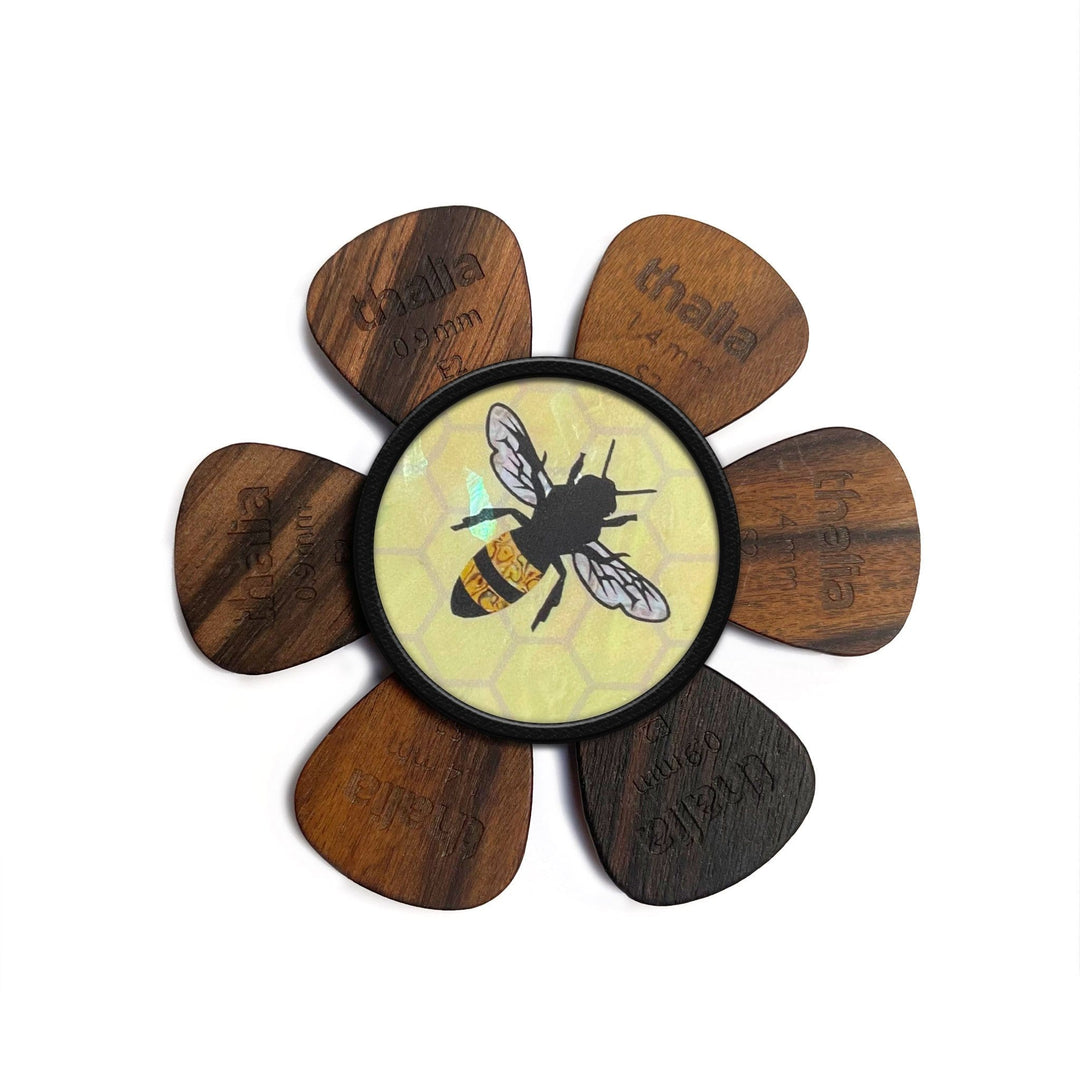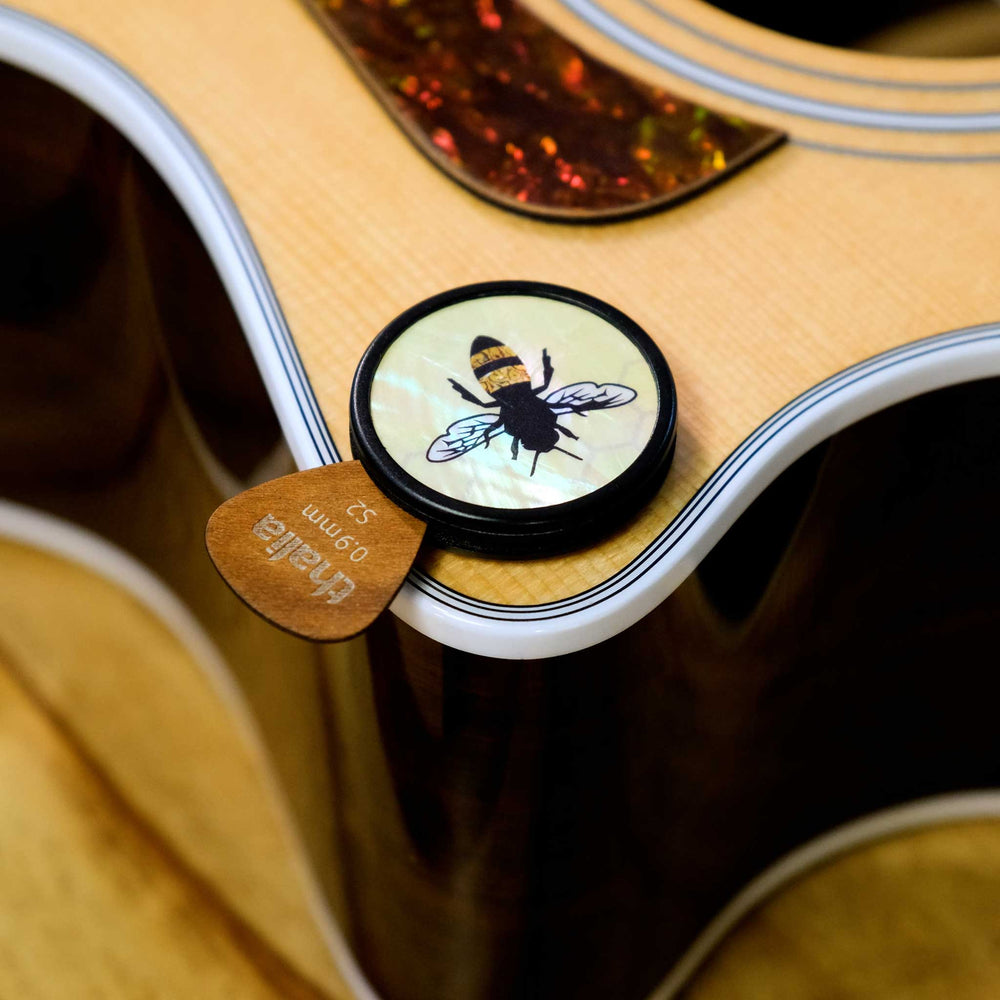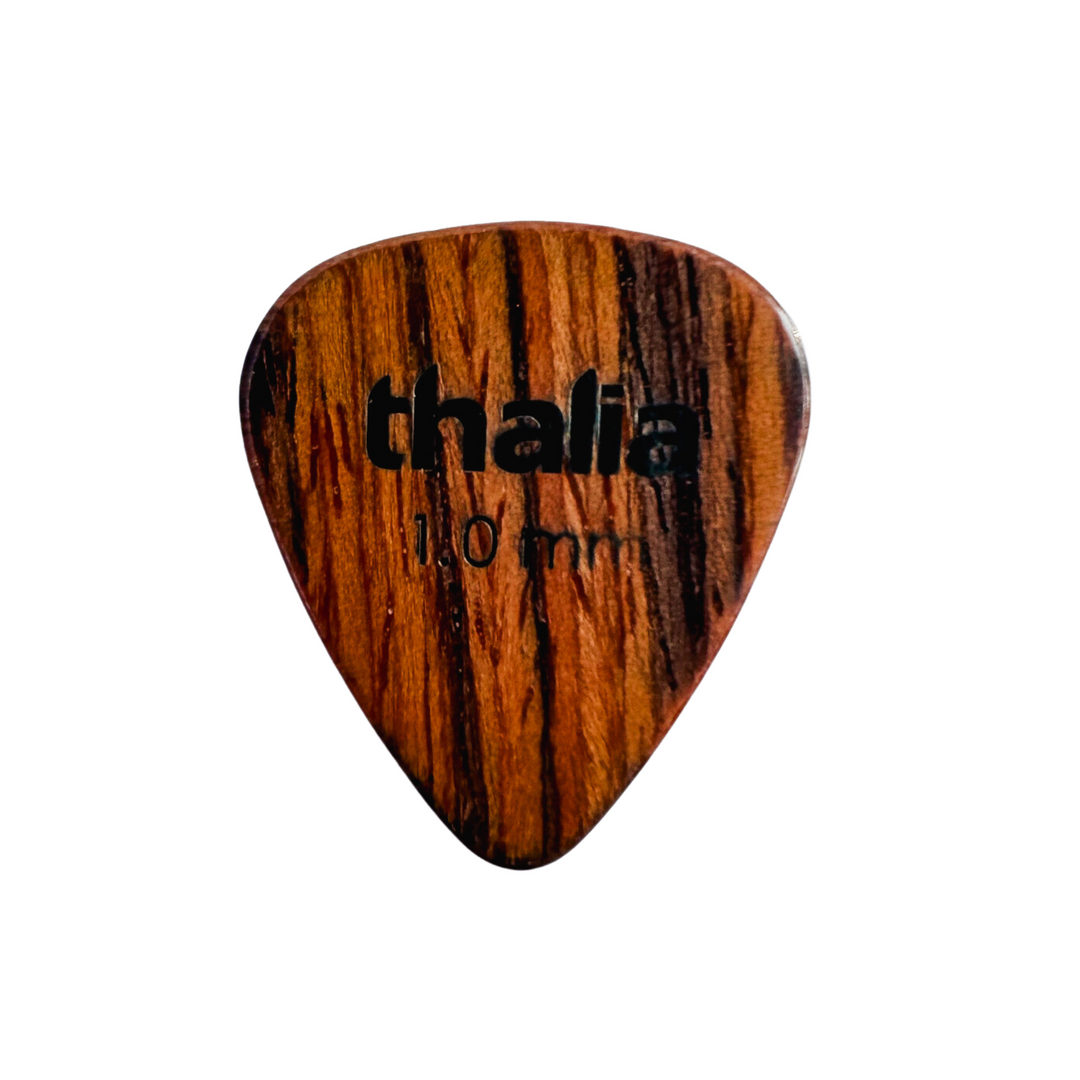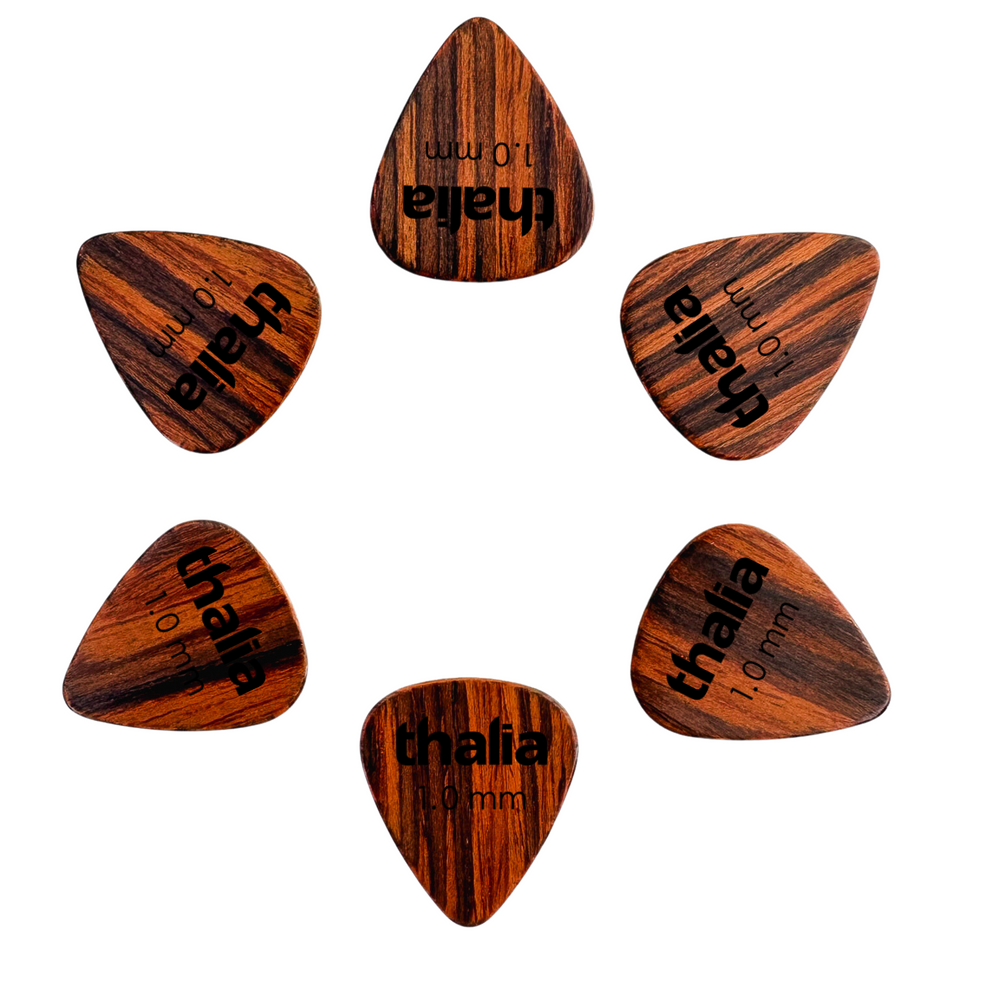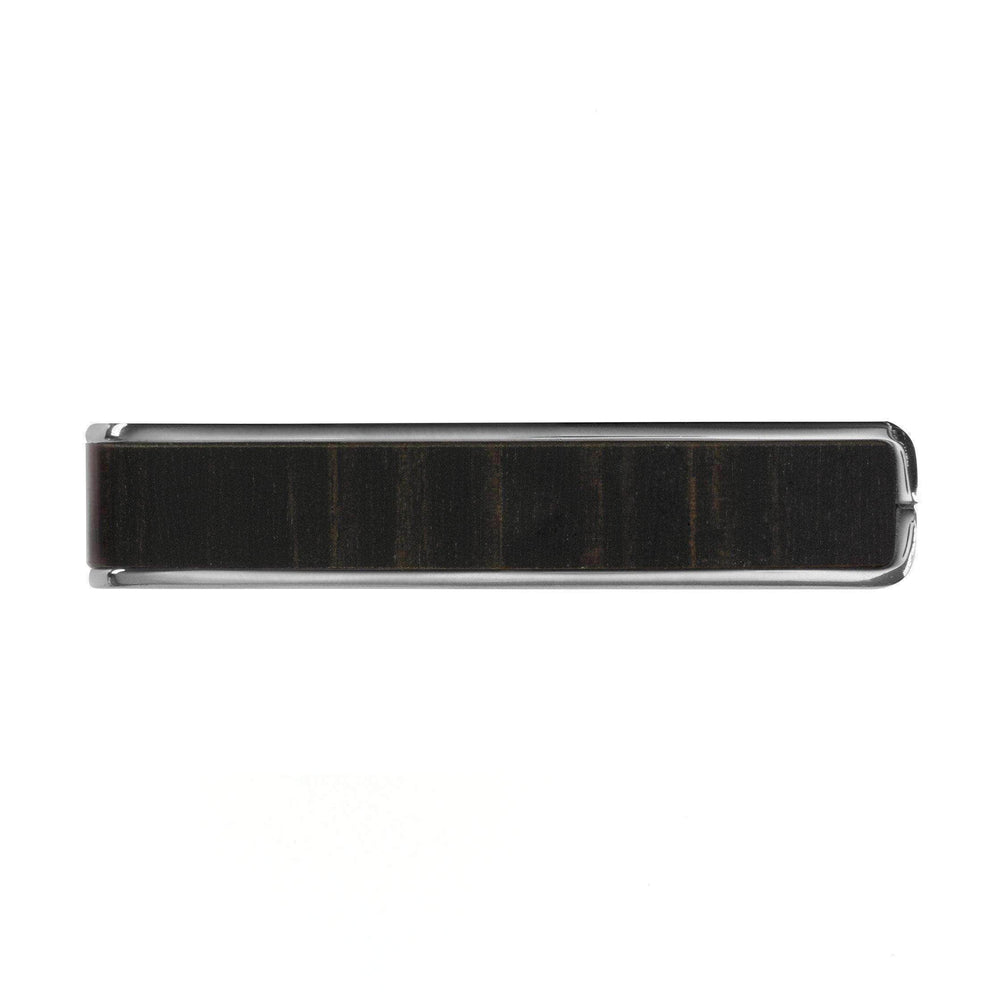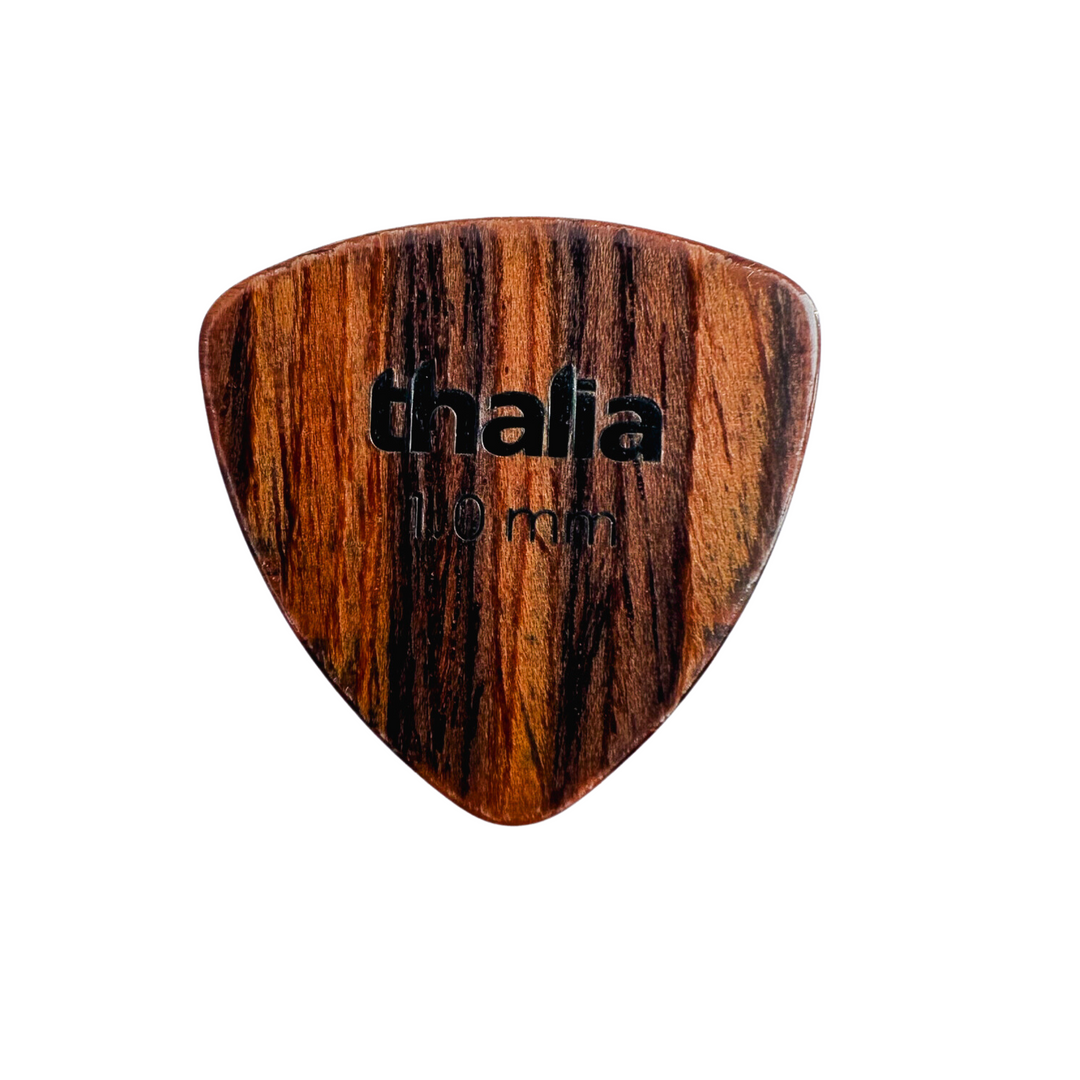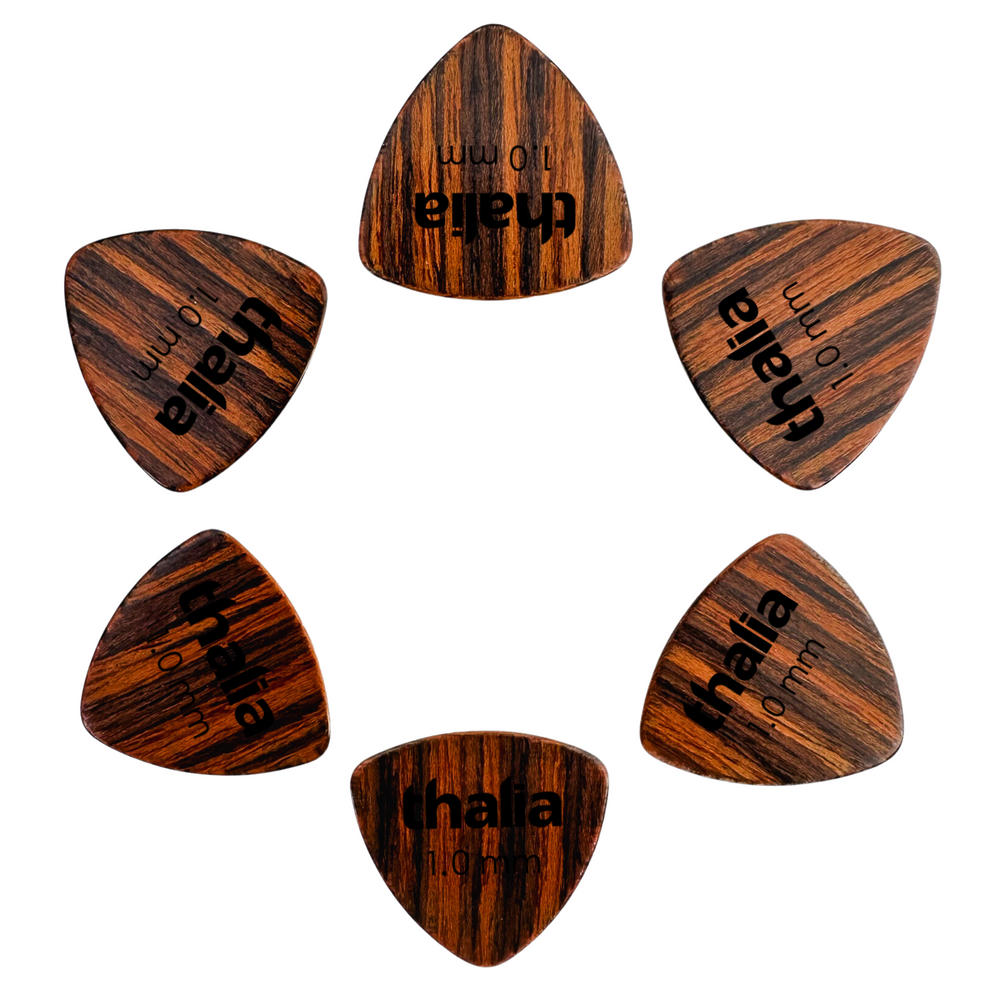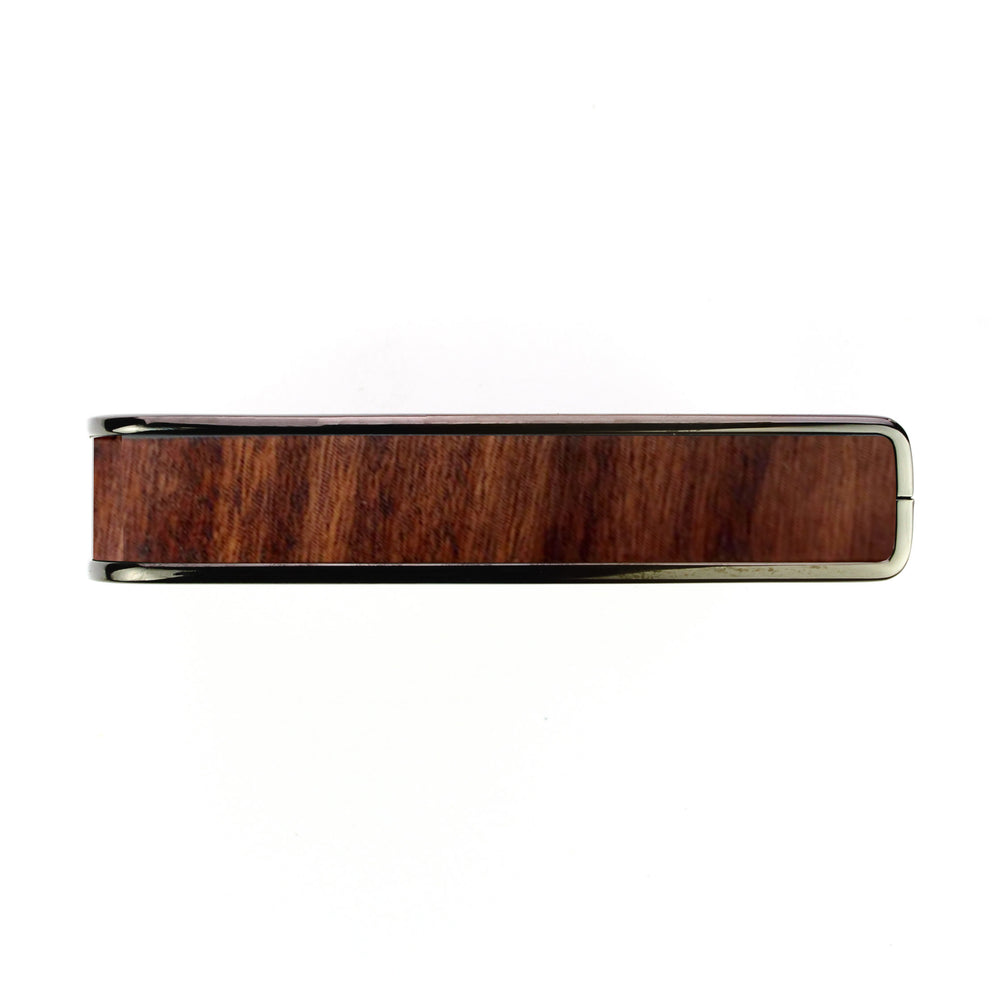The Wisdom of Guthrie Govan

The Wisdom of Guthrie Govan
In modern guitar, there are a very limited few cats who you could say “they can play anything!” Specialty is usually the name of the game: Yngwie can’t play like Scofield, but Scofield can’t play like Eddie, but Eddie can’t play like Sonny, but... you get the point.
Then, a mystic guitar-slinging wizard named Guthrie Govan comes along and seems to be able to do it all. Need convincing? No problem, watch this. We’ll wait.
While he can imitate the greats, his voice on the instrument is also distinct, blending virtuosic technique, great tone, incredible musicality and a healthy dose of humour. All of that has made him an in-demand clinician and very busy player, recording and touring with Asia, Dizzee Rascal, Steven Wilson, Hans Zimmer, and his project, The Aristocrats.
One does not travel this world without gaining experience and wisdom, which Guthrie has shared with many through the years. Without further ado, here is some of the knowledge he has passed on over the years.
On improving as a player
[E]veryone can always improve; the only thing that can stop a musician from improving is ego. If you tell yourself you're amazing, your playing might start to stagnate... but in truth there's so much inspiration out there, in every style of music, so there's always something new to learn. (Source)
On improvising in a group setting (in this case, The Aristocrats)
If we just did the jamming thing it would get old. But if we just wrote songs and played them the same every night, the audience would miss out on what makes this trio so fun – the natural chemistry we have.
We can be spontaneous and fearless because we trust each other. We like to go off the rails, get lost and explore new territory, but we’re also there to help each other if it gets too bewildering. (Source)
On what practice should do for you as a player
If you sound really good when you’re practicing, that means you’re practicing things you can already do, which isn’t really benefiting you fully. Some of what you practice should sound shit, because then you know you are working on something that needs to be worked on. There’s a balance there. (Source)
On learning complex material on the guitar
A martial arts instructor friend of mine many years ago described this scenario that he encountered [a] young hot-headed teenage student [who would] say “I want to learn the Five Finger Death Punch” or whatever...and this kid would show up clearly not ready to absorb his knowledge but showing signs of losing interest if you didn't get something along those lines out of his teacher[.]
I actually related to this because... I was teaching guitar, and I had lots of students with the same kind of phenomenon, where they would say we want to learn this Yngwie Malmsteen Solo... well, you can't play “Michael Row The Boat Ashore”, but if I just force him to play “Michael Row The Boat Ashore,” he's going to sell his guitar and get a PlayStation.
So this martial arts guy had a line for his students, which I stole because I think it's great. He said: “Okay, I will show you this move, but know this. It will only be useful to you the day you can do it quicker than you can decide to do it.”
[W]hatever you learn on your instrument is kind of like that...it's passive vocabulary. You know the facts, but you have to go through a thought process, and choose to access this thing that you just learned and then try and force it into a musical situation[.] [I]t needs to become active vocabulary[...] It's just in you, and when the situation presents itself, and it's the right moment to unleash that little nugget of knowledge that you've learned, your instincts will know, and it will just come out[.] (Source)
On moving from one musical situation to another
In an ideal world there would always be time to decompress when switching musical gears, but in the real world, needless to say, this luxury isn’t always available...At any rate, I’ve discovered that I can indeed switch from one mode to the other pretty quickly when I need to. I think the simple act of moving into the surroundings of a known touring environment will instantly activate certain mental triggers, so everything tends to come flooding back pretty quickly. (Source)
On the Guyatone Wah Rocker 3
It makes me sound like a duck, which I enjoy. (Source)
This is only a mere sampling of the knowledge and wisdom Govan has imparted over the years. The internet is flooded with clips from clinics, interviews, performances, and other content when he drops wisdom like many notes on the fretboard. Do you have a favourite bit from Govan that we didn’t cover here? If so, do leave them in the comments.
Now, go get inspired and go shred!
By Kevin Daoust - instagram.com/kevindaoust.gtr
Kevin Daoust is a guitarist, guitar educator and writer based in Gatineau, Quebec, Canada. When not tracking guitars for artists around the world, or writing music-related articles around the internet, he can be seen on stage with Accordion-Funk legends Hey, Wow, the acoustic duo Chanté et Kev, as well as a hired gun guitarist around Quebec and Ontario. He holds a Bachelor of Music in Guitar Performance from Carleton University in Ottawa, Ontario, Canada.








